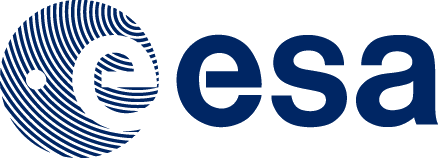Atomic clocks: new prospects in metrology and geodesy
- Pacôme Delva
SYRTE, Observatoire de Paris
We will first review the tremendous progresses in the field of atomic clocks and time and frequency transfer. As optical clocks are approaching 10-17 relative accuracy, they become quite sensitive to the Earth gravitational field. This is at the same time a problem and a chance. The time-varying part of the geopotential pertubes clocks in a (partly) non-predicatable way. This can be a problem when accuracy and stability are required, eg when realizing timescales like UTC. Then the only way is to get far from the Earth, in space. We will see how Relativistic Positioning Systems could partly solve this problem, by realizing a highly stable and accurate reference frame. Then clocks on the ground become instruments for measuring the geopotential, leading to the so-called "relativistic geodesy". We will review some applications of relativistic geodesy, using the ACES experiment or fibre links.

